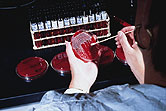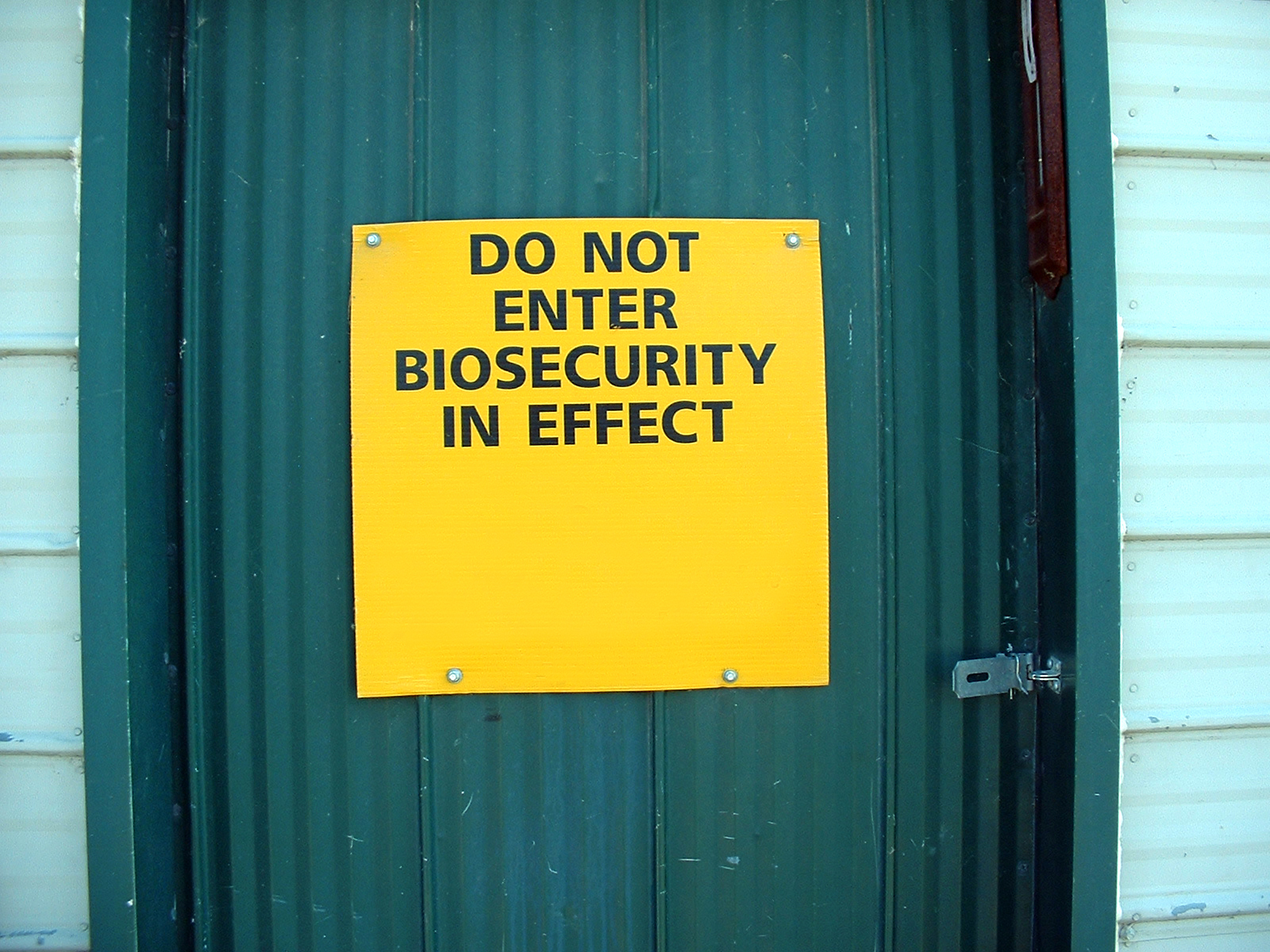
THURSDAY, Aug. 15 (HealthDay News) — Baby boomers — the generation known for sex, drugs and rock and roll — are the most likely Americans to develop hepatitis C, and too many of them aren’t tested until it’s too late to prevent liver damage, U.S. health officials reported Thursday.
A survey of nearly 5,000 hepatitis C patients found that three-quarters were born between 1945 and 1965 — the post-war baby boom years — and almost half had not been screened until symptoms surfaced.
“When they do become aware of their infection, they already have symptoms such as jaundice, and they have abnormal lab tests,” said report co-author Dr. Stephen Ko, of the division of viral hepatitis at the U.S. Centers for Disease Control and Prevention.
Hepatitis C — a leading cause of liver disease and liver cancer — is considered a silent killer because it progresses without any indications of illness. Unlike other types of hepatitis, there is no vaccine for hepatitis C. An estimated 3.9 million U.S. residents have the infection.
Since 1998, the CDC has advised doctors to test high-risk individuals, including injection drug users and dialysis patients. The agency expanded its recommendation in 2012 to include everyone born between 1945 and 1965 because there is such a high prevalence in that age group. Last June, the U.S. Preventive Services Task Force also recommended routine screening for all adults born in that timeframe, along with injection drug users and anyone who got a blood transfusion before 1992.
Others who need the simple blood test include health care workers and children born to mothers with a hepatitis C infection, Ko said.
For the study, published in the Aug. 16 issue of the CDC’s Morbidity and Mortality Weekly Report, researchers surveyed patients treated at four U.S. health care systems for confirmed hepatitis C between 2006 and 2010.
Of the 4,689 respondents, about 60 percent had their first screening in a doctor’s office. The remainder were screened in other locations such as emergency rooms or blood banks, Ko said.
Slightly more than 45 percent of the patients were screened because they had symptoms of liver disease, he added. Less than one-quarter said risk factors were their reason for testing.
Dr. Marc Siegel, an associate professor of medicine at NYU Langone Medical Center in New York City, said it is important to know about hepatitis C early. By the time symptoms appear, “your liver can be shot,” he said.
“There is a pretty high incidence of undiagnosed hepatitis C in baby boomers,” Siegel said. “The reasons are probably because of sex and drugs.” Also, before the early 1990s, “we did not know what hepatitis C was and people were passing it around without knowing it,” he noted.
As with all diseases, the earlier it’s identified, the better, he said.
This will require doctors to be more proactive in testing patients for hepatitis C, he said. “We should be screening for this whether the patient has symptoms or not,” he said.
More information
For more information on hepatitis C, visit the U.S. Centers for Disease Control and Prevention.
Copyright © 2026 HealthDay. All rights reserved.

